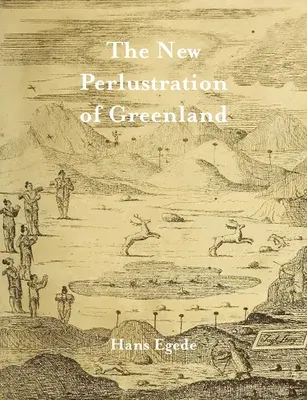Hans Egede
(Author)The New Perlustration of GreenlandPaperback, 8 July 2021

Qty
1
Turbo
Ships in 2 - 3 days
In Stock
Free Delivery
Cash on Delivery
15 Days
Free Returns
Secure Checkout

Print Length
224 pages
Language
English
Publisher
International Polar Institute
Date Published
8 Jul 2021
ISBN-10
1736690205
ISBN-13
9781736690208
Description
Product Details
Author:
Book Format:
Paperback
Country of Origin:
US
Date Published:
8 July 2021
Dimensions:
17.93 x
13.49 x
1.65 cm
Genre:
18th Century
ISBN-10:
1736690205
ISBN-13:
9781736690208
Language:
English
Pages:
224
Publisher:
Weight:
267.62 gm